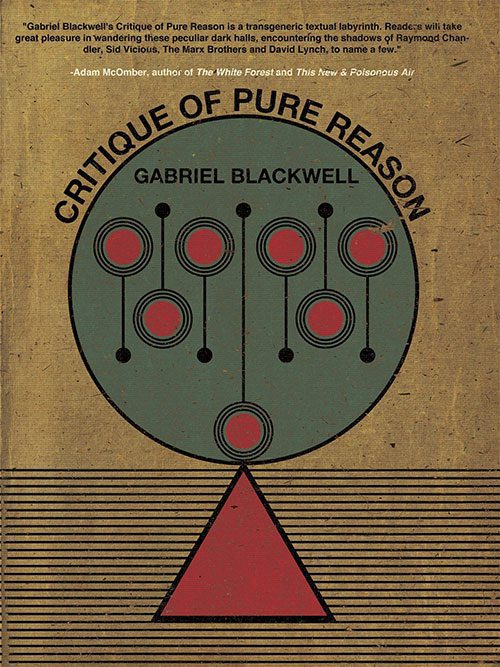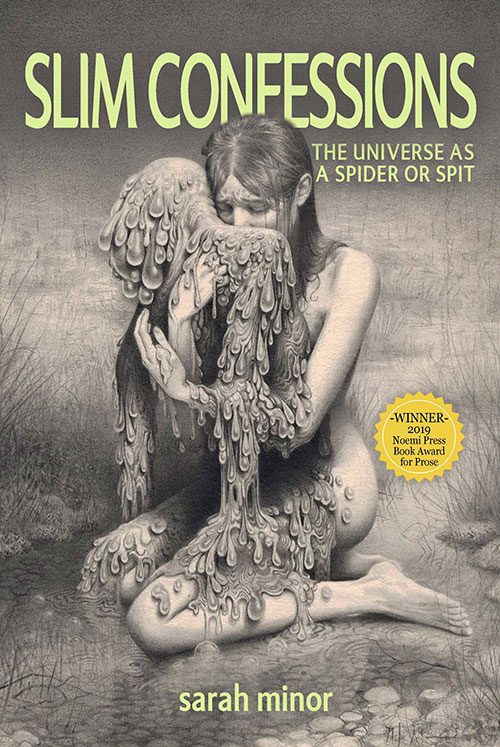Beasts You’ll Never See
by Nate Liederbach
$15.00

Blurbs
In this rivetingly dark and edgily off-kilter collection of stories, Nate Liederbach—with surgical linguistic precision—deftly scalpels open the weird interiors of the postmodern psyche. With tour-de-force panache, the stories in Beasts You’ll Never See ricochet wildly between awkward hilarity, mortal wounding, philosophy, and the absurd. Like some scary roller coaster ride, these stories will take you—laughing and shrieking—places you never knew you wanted to go.
Lee Ann Roripaugh
Each story in Nate Liederbach’s Beasts You’ll Never See is indeed a kind of wild literary animal, alive with the improvisational nature of survival and the locomotion of urgent perception. The result is an astonishingly good collection of stories: one that is at turns hilarious, profane, brave, tragic, and chock to the gills with life.
Matthew Vollmer
Across ten stories of linguistic acrobatics and high-wire prose, Nate Liederbach offers readers a glimpse into an altered world of beauty and humor, one where time bends and words shine like diamonds on the page. From the growing menace of a controlled burn to fathers and daughters fighting in rounds, Beasts You’ll Never See is a stunning collection of innovative fiction from a wonderfully talented writer.
Anne Valente
In Beasts You’ll Never See, Nate Liederbach’s characters rage and tear at each other, yet, even in their pain, they reach through the bars of their cages to offer what care and comfort they can. A war widow collapses in a bowling-alley bathroom and is offered Sprite and Cup O’Noodles by the manager. A young English professor attempts to protect his cancer-addled mentor from the consequences of his decay. Liederbach’s razor wit and maniacal flare for language never wound, are always at the service of his generosity. As one of his characters puts it, “Showing and Telling drop their distinction, and the writing knows for itself, of itself, and its self is universal …”
Eileen Pollack



